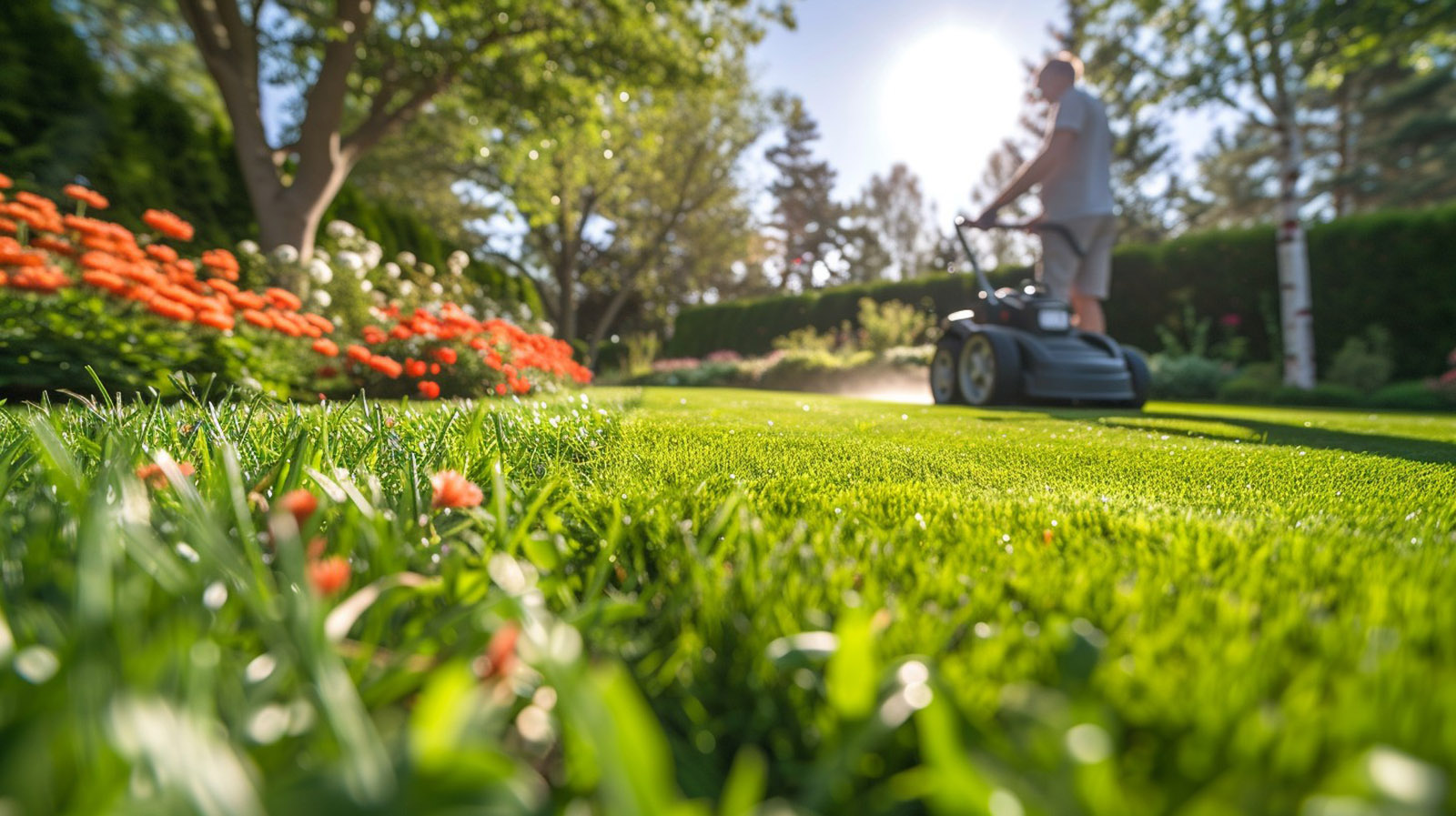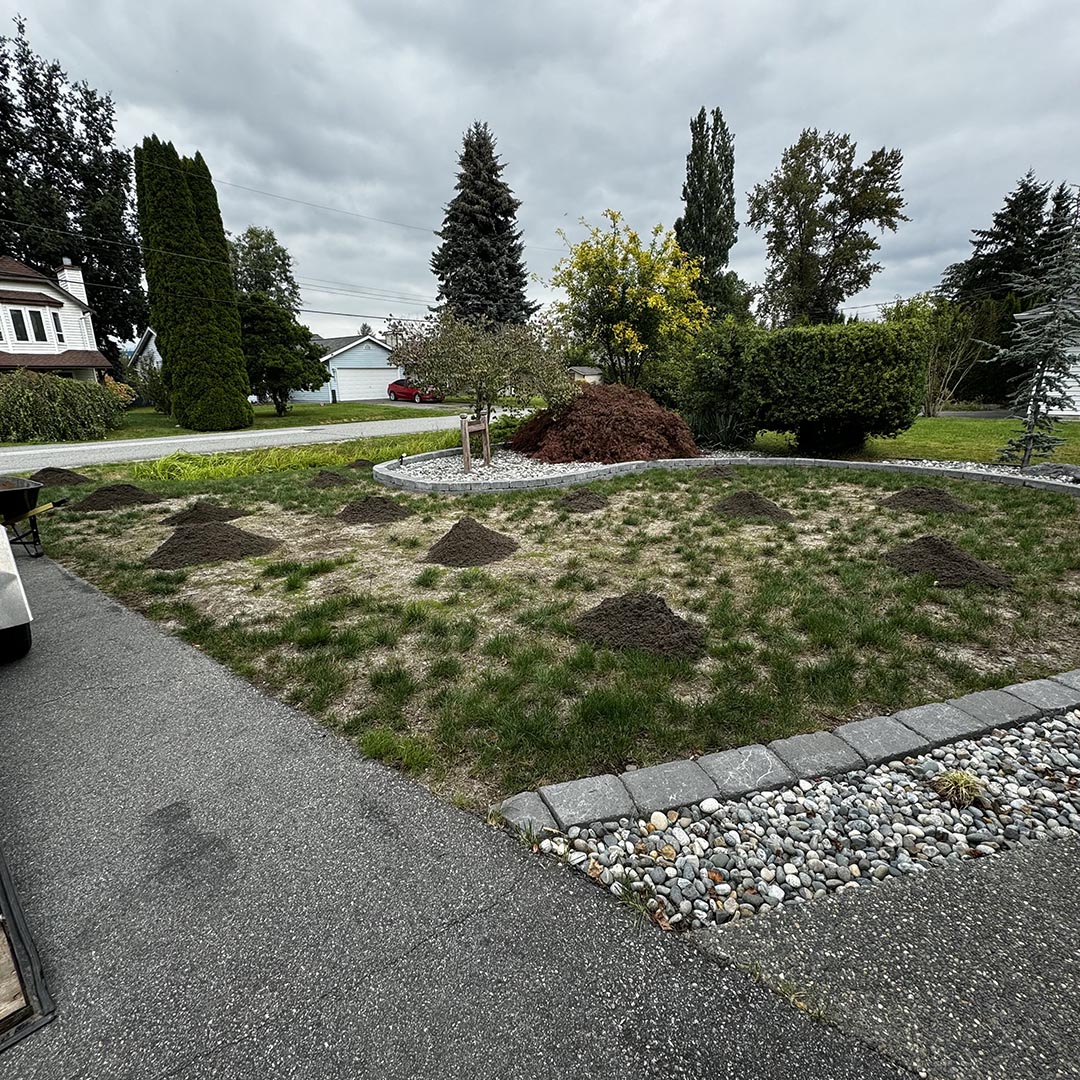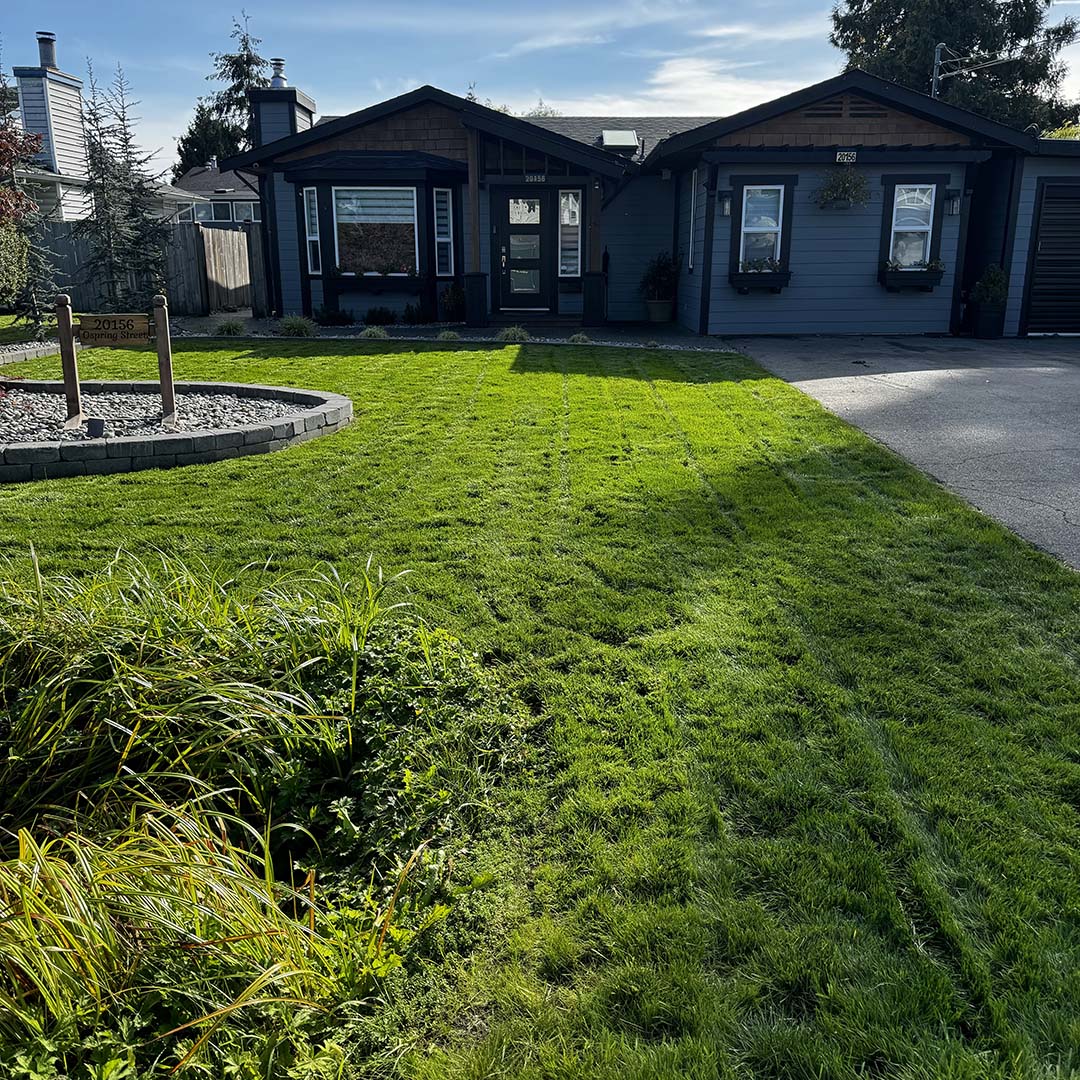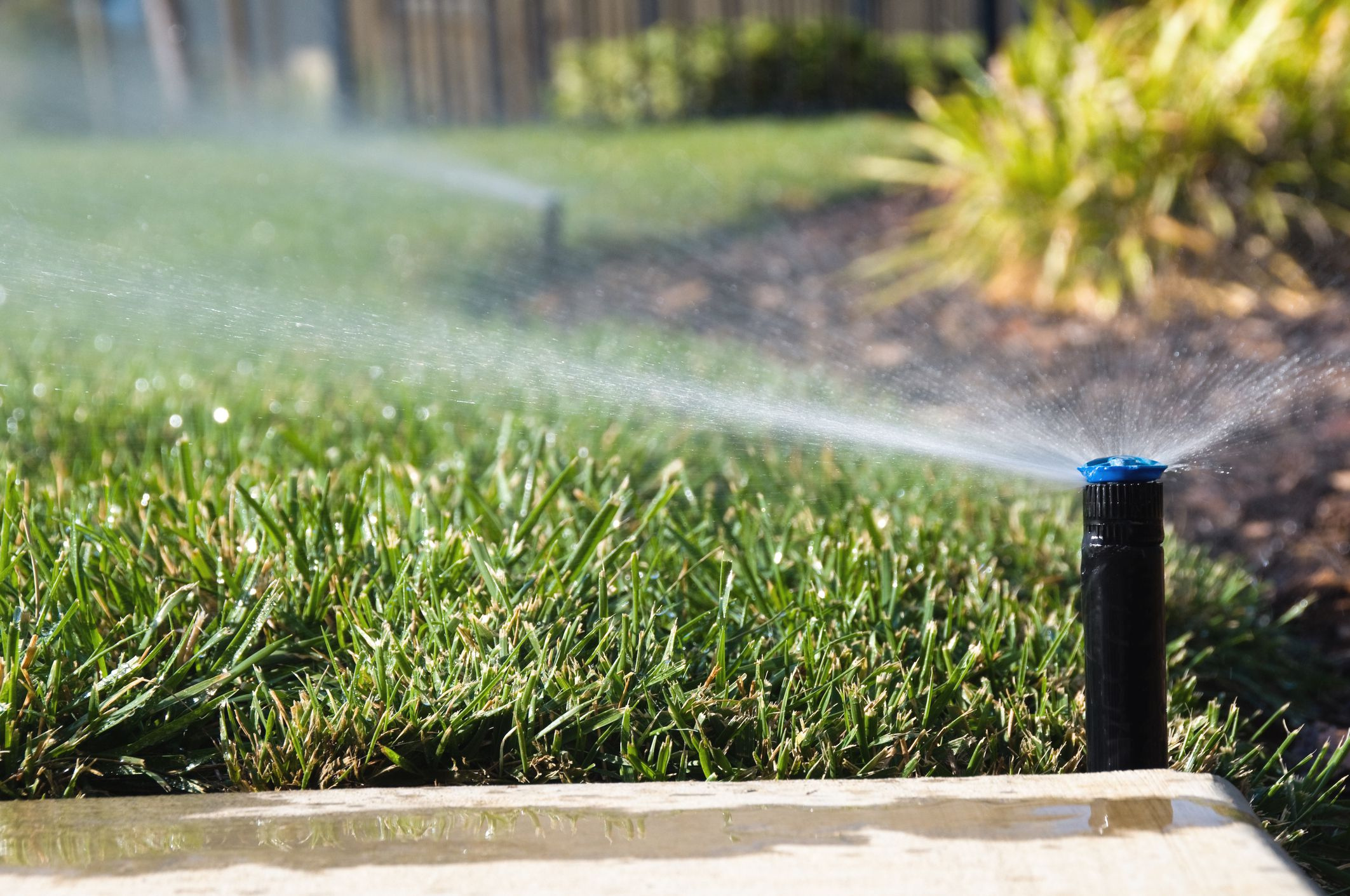
Effectively winterizing your irrigation system is a preemptive action that can save you time, money, and frustration in the long term, especially in British Columbia, where temperatures frequently dip below freezing. The expansion of frozen water within the system can cause significant damage. By adhering to these crucial steps during the autumn season, you’ll ensure your system maintains peak condition, poised to nourish vibrant, healthy landscapes once the warmth of spring reappears.
Don’t disregard this crucial task; invest time in winterizing your irrigation system to relish a worry-free and efficient watering system for future seasons in British Columbia.
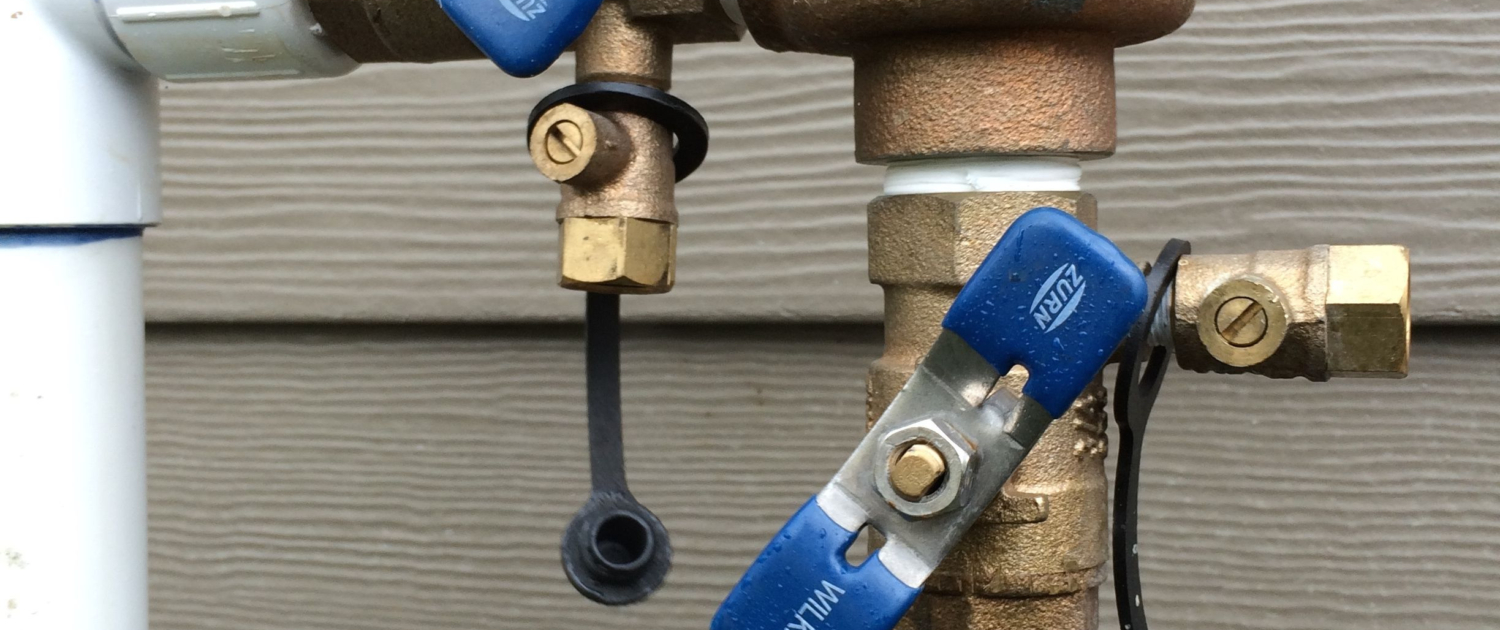
Turn off the Water Supply and Drain the System
Turn off the Water Supply and Drain the System
The first step in winterizing your irrigation system is to turn off the water supply. Locate the main shut-off valve and close it to prevent water from entering the system. This critical action helps prevent freezing and potential damage to pipes and valves when temperatures plummet below zero. After shutting off the water supply, it’s crucial to eliminate any remaining water from the pipes, valves, and sprinkler heads. Use compressed air to thoroughly purge the water from the system. Any lingering water in the pipes can freeze, expand, and cause permanent damage, leading to costly repairs in the spring, a concern particularly relevant in British Columbia’s colder temperatures.
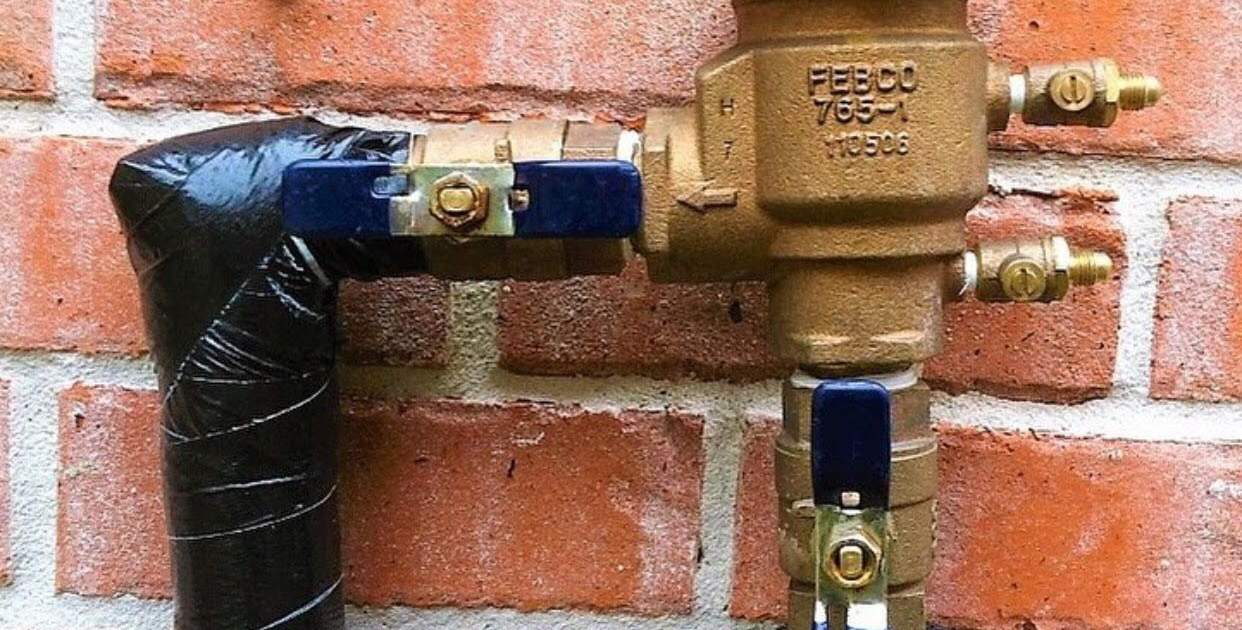
Insulate Exposed Pipes
Insulate Exposed Pipes
Inspect the irrigation system to identify any exposed pipes, especially those above ground level. Proper insulation is vital to safeguard these pipes from freezing temperatures. Wrap foam pipe insulation or heat tape around the exposed pipes, ensuring comprehensive protection against the winter chill, particularly in regions like the Okanagan, Interior, and Kootenays, where temperatures can significantly plunge below zero. This precaution is especially pertinent in Lower Mainland, Vancouver Island, and the wider Okanagan area of British Columbia.
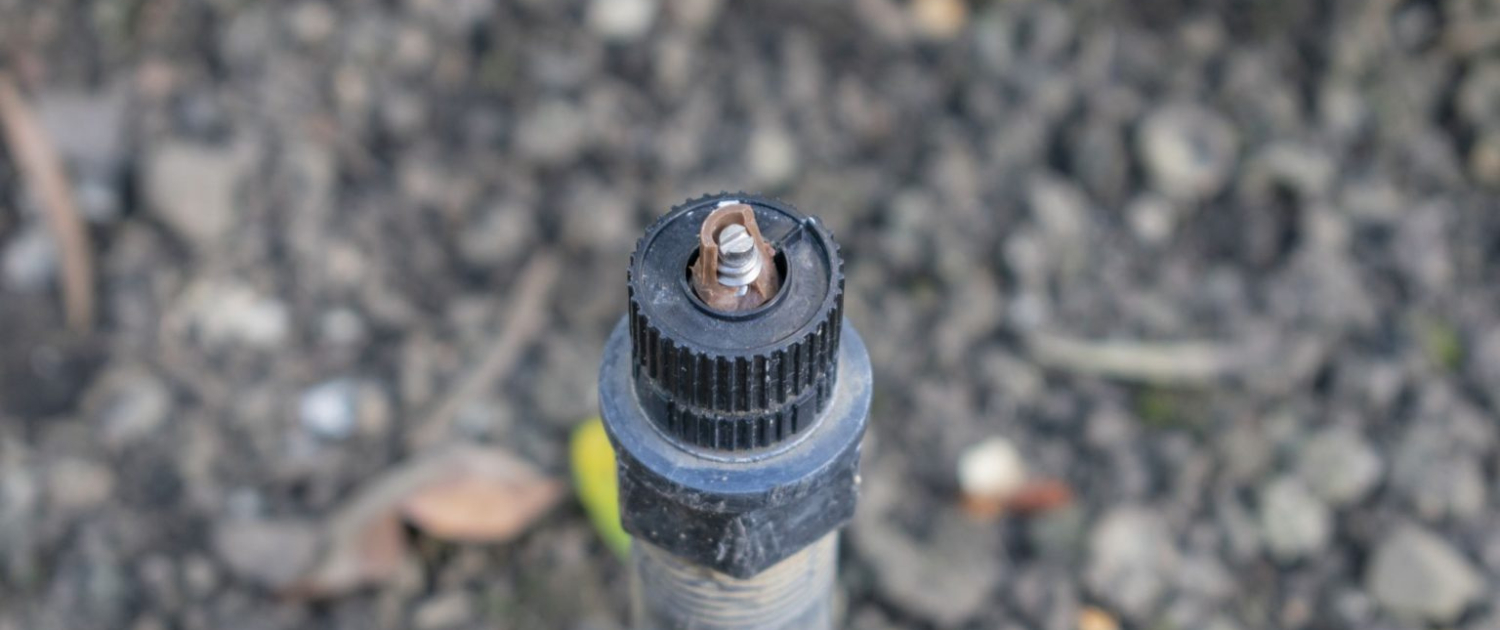
Remove and Store Sprinkler Heads
Remove and Store Sprinkler Heads
Remove the sprinkler heads and store them indoors throughout the winter season. Cold temperatures can render the plastic components of the sprinkler heads brittle and susceptible to breakage. Keeping them in a warm, dry place ensures they remain in optimal condition for the forthcoming watering season, particularly important in Lower Mainland, Vancouver Island, and the broader Okanagan region of British Columbia.
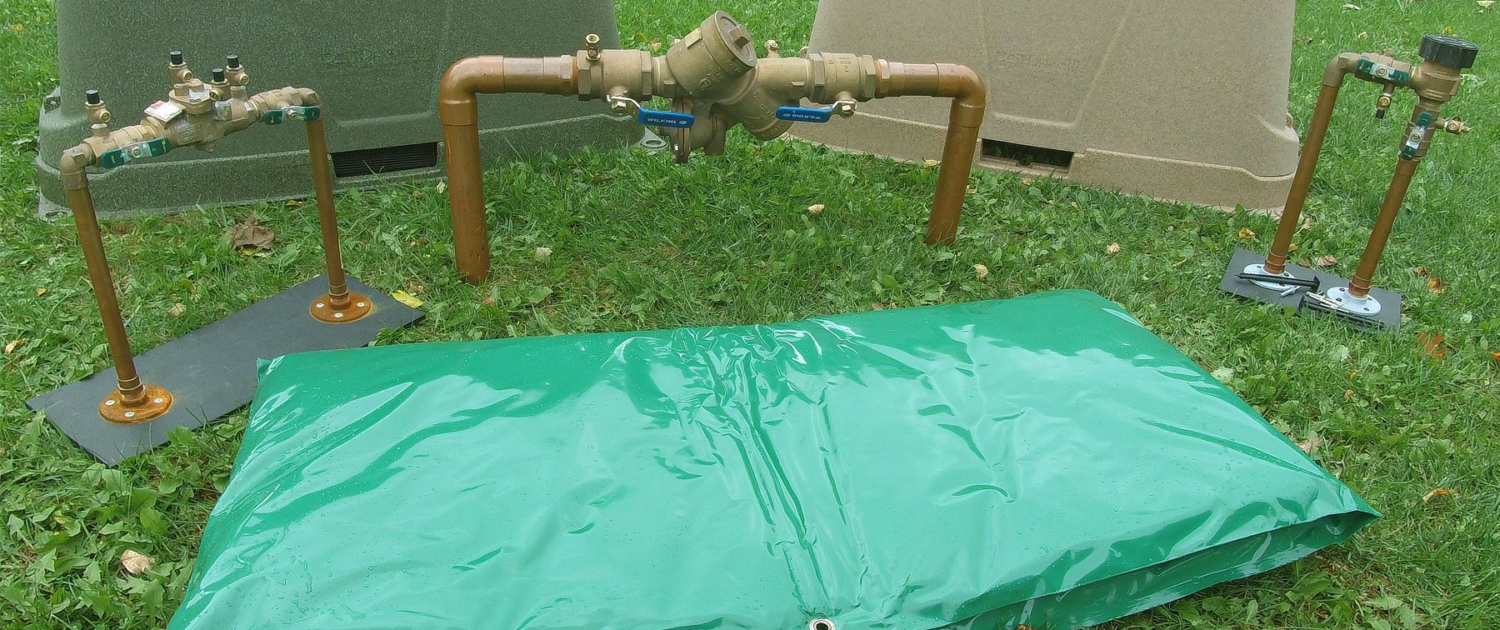
Protect Backflow Preventer
Protect Backflow Preventer
If your irrigation system includes a backflow preventer, safeguard it from freezing temperatures. Use a specialized cover or blanket designed for this purpose to insulate the backflow preventer. This protective shield shields it from harsh winter conditions, averting potential damage. This precaution is particularly relevant in Lower Mainland, Vancouver Island, and the wider Okanagan region of British Columbia.
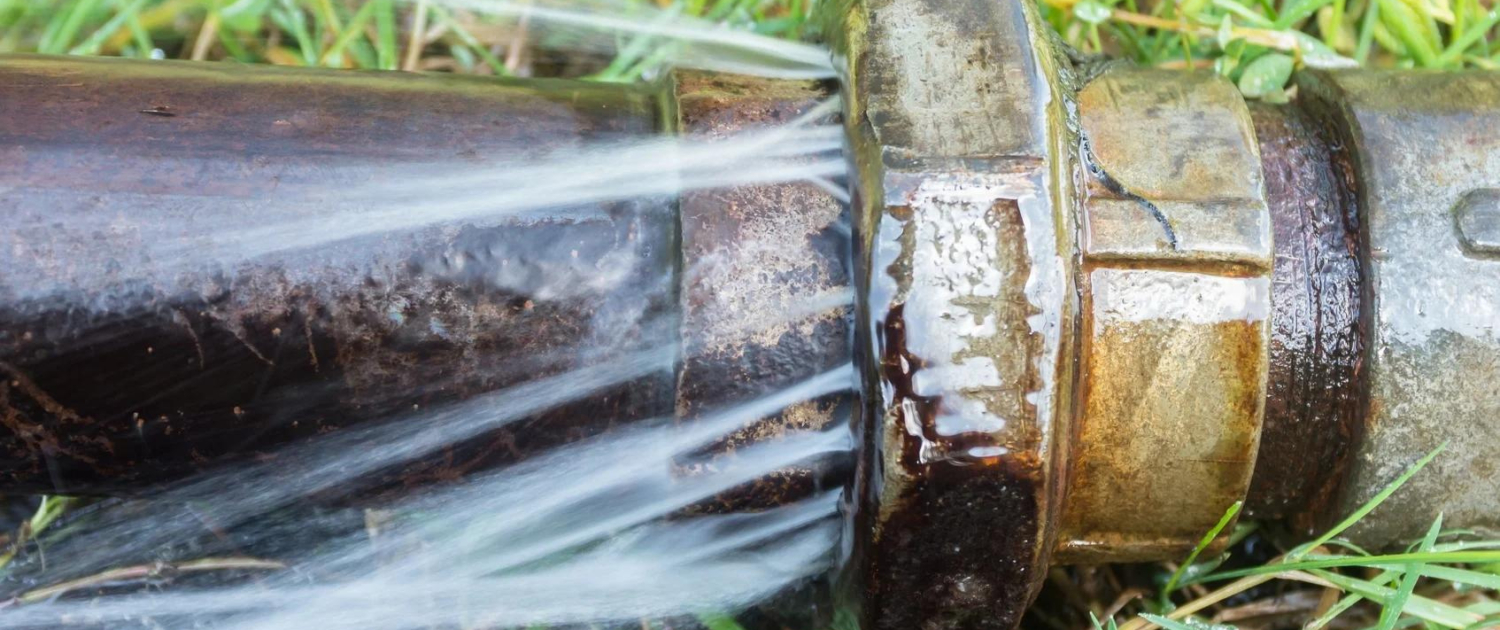
Check for Leaks and Repairs
Check for Leaks and Repairs
Before the winter season, it’s wise to thoroughly examine your entire irrigation system for signs of leaks, damaged pipes, or malfunctioning valves. Addressing these issues in the autumn ensures your system operates at its best when needed. Ignoring these problems can lead to water wastage and increased utility expenses, particularly relevant in Lower Mainland, Vancouver Island, and the broader Okanagan region of British Columbia.
Consult a Professional
If you’re uncertain about the correct method to winterize your irrigation system for Vancouver Island, the Mainland or the Okanagan – or if you come across any problems during your inspection, it’s advisable to seek guidance from a skilled irrigation technician. Our franchisees possess the expertise and experience to evaluate your system, carry out essential repairs, and ensure it is properly prepared for winter.
